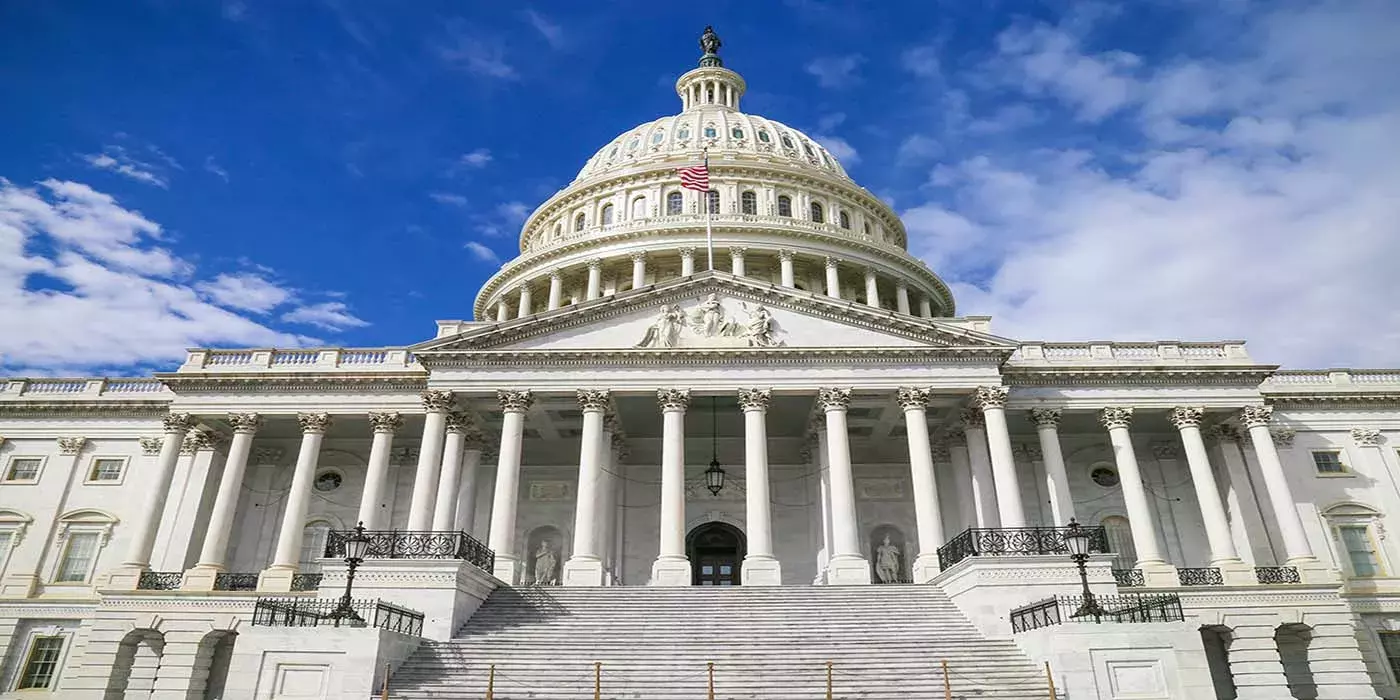VET Academy

Course Features
Empowering leaders. Transforming futures.
The Veterans to Executives Transition (VET) Academy is an innovative program designed to prepare senior military leaders for high-impact civilian careers. The VET Academy proactively identifies and addresses gaps, emphasizing hands-on, experiential learning tailored specifically to senior officers and enlisted leaders. By building essential executive competencies—from finance to sales, communication, and executive presence—we work closely with retiring veterans to harness their strengths, articulate compelling leadership stories, and confidently navigate career growth.
Built at the prestigious Johns Hopkins Carey Business School, this program bridges the gap between military leadership and the corporate world, equipping participants with the skills, knowledge, and networks to thrive as executives in top-tier organizations.
Unlike other programs, VET Academy isn’t just about skill-building—it’s about transformation. We focus on unlocking the full potential of military leaders, empowering them to drive results, lead innovation, and shape the future of their organizations.
The VET Academy builds robust career pathways from senior military leadership to long-term private-sector success. Designed by veterans, for veterans this one-of-a-kind, intensive 10-day academy equips current and former military leaders with highly practical, experience-based training to master civilian executive culture, fill knowledge gaps, build acumen, and confidently transition to an impactful executive life.
Not ready to apply? Click here to join our future interest list.
All courses include:
Industry-leading faculty
Research-driven results
Practical applications
Collaborative learning
Lifelong connections
Custom solutions
"The transition from military service to executive leadership is one of the most challenging and rewarding journeys a veteran can take. The VET Academy isn’t just about learning new skills—it’s about unlocking the full potential of military leadership in the corporate world. At Johns Hopkins Carey Business School, we are committed to equipping veterans with the tools, insights, and networks to lead with confidence, drive meaningful change, and excel at the highest levels of industry. This program isn’t just a bridge—it’s a launchpad for the next great chapter in their leadership journey."
- Erik Helzer, PhD and Brandon Smart, MBA, Academy Co-Directors
Target audience
Who should attend
- Retirement eligible or recently retired leaders from any branch of the military
What you will learn
- Military Leadership to Corporate Leadership: Navigate critical differences between military and civilian leadership styles, mastering influence in non-hierarchical organizational structures.
- Workforce Skills: Communicate effectively, project confidence and get up-to-speed with essential private-sector financial skills, from profit-and-loss reporting, to conducting strategic financial conversations at a C-suite level.
- Mentorship & Networking: Connect with industry leaders & fellow veterans who have successfully
transitioned to civilian leadership roles. - Immersive Capstone Experience: Engage with executive leaders, hiring managers, and industry professionals through live role-playing and real-time feedback. Gameplan and practice interview techniques, and refine your ability to navigate high-stakes conversations.
Certificate and badge
Upon completion of the Academy you will receive a JHU Carey Certificate and badge.
Supporters of the VET Academy
- Attentio PR
- First Command Financial Services
- Imagine Believe Realize, LLC
- McKinley Scientific
- Prepelica LLC
- Tenova LLC
- Xerox
Click here to support the VET Academy
Program Directors
Erik Helzer, PhD
Associate Professor of Practice, Johns Hopkins Carey Business School
Erik Helzer, PhD develops and applies psychological, organizational, and behavioral science insights to understand the cultivation of practical wisdom for leading in organizations. His research focuses on three facets of practical wisdom: ethical behavior and moral judgment, self-knowledge, and personal agency and adjustment. He is an Associate Professor of Management and Organization at the Johns Hopkins Carey Business School and the Executive Education Faculty Director for Leadership Curriculum.
Brandon Smart, MBA
Executive Education Faculty, Johns Hopkins Carey Business School
With over 20 years of service as a career Marine, Brandon Smart has been at the forefront of leadership development, innovation, and executive education within the military and defense sectors. Throughout his career, he has spearheaded strategic initiatives that have directly influenced talent management, operational logistics, and organizational transformation across the Department of Defense.
His graduate research at the Naval Postgraduate School contributed to the legislative foundation of the SMART Act, a policy that expanded access to graduate education for enlisted service members. As part of this effort, he worked on crafting the language that would later be incorporated into formal legislation, ensuring broader educational opportunities for enlisted military personnel.
As a founding member of NavalX under the Assistant Secretary of the Navy for Research, Development, and Acquisition (ASN RDA), Brandon played a critical role in establishing the Navy’s innovation ecosystem. His work focused on connecting warfighters with emerging technologies, developing digital platforms, and fostering agile methodologies to accelerate problem-solving across the fleet.
In addition to his work in innovation, he served on the Talent Management Strategy Group (TMX) at Headquarters Marine Corps, where he contributed to policy development focused on recruiting, retaining, and developing the next generation of Marine Corps leaders. His efforts in this area emphasized leveraging data-driven insights to modernize Marine Corps talent management strategies.

